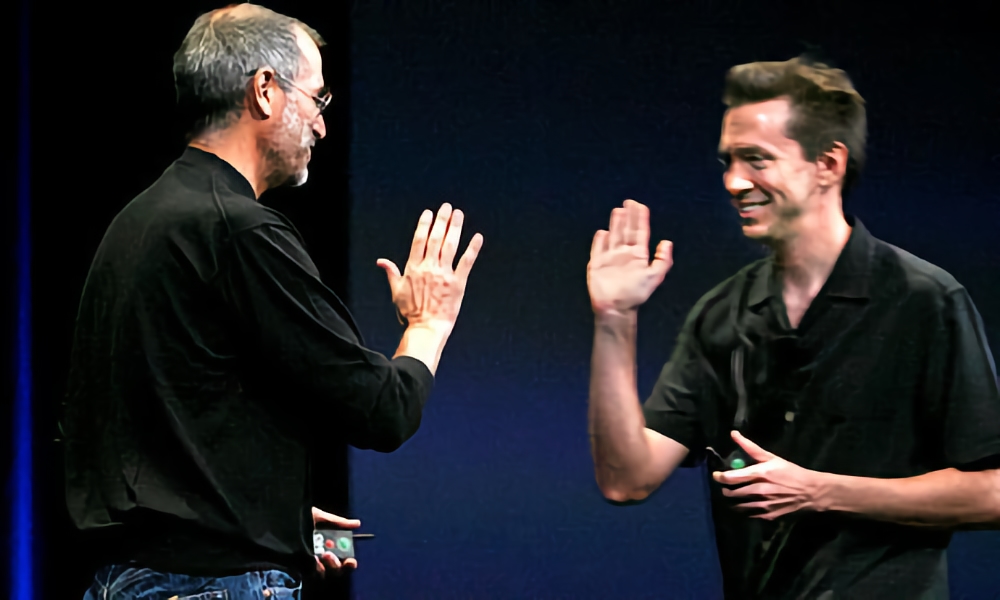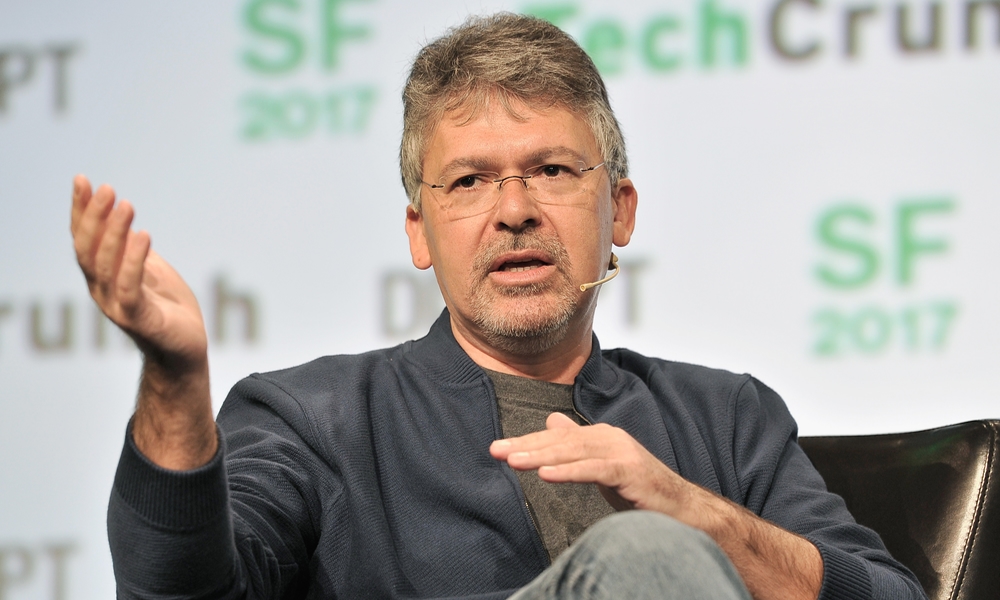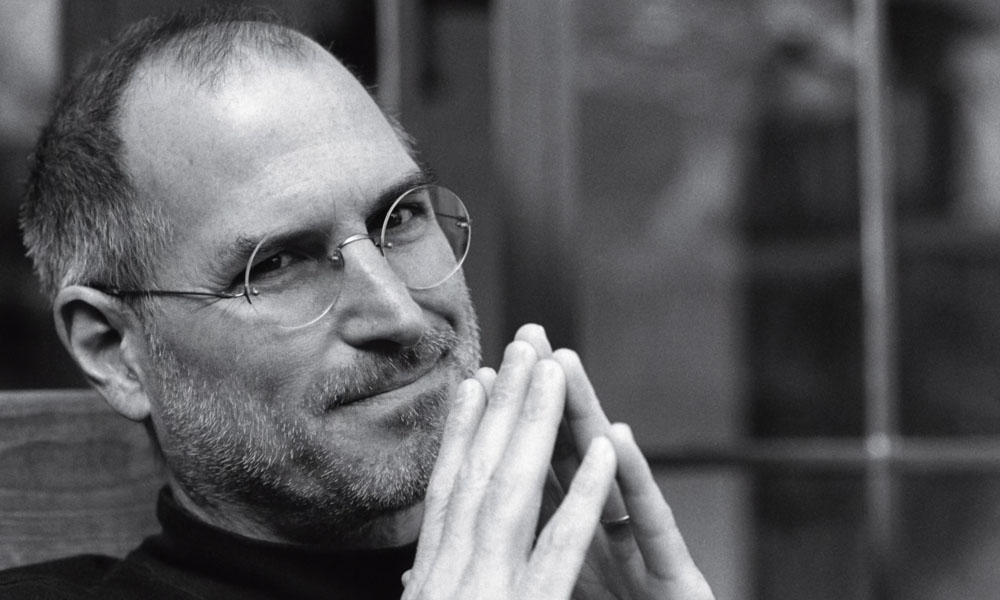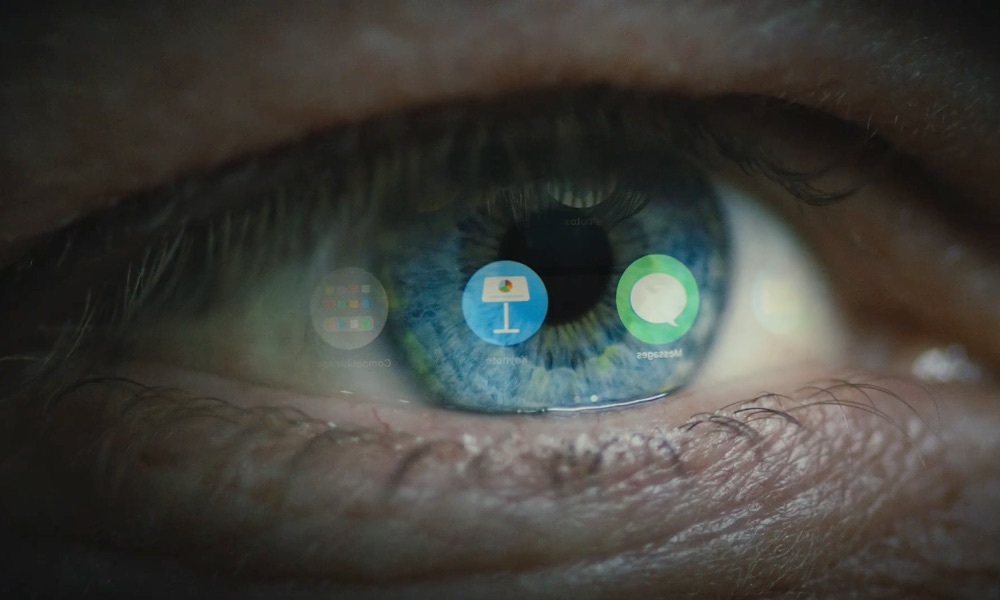Apple Has Reassigned Siri to the Department that Produces Results

Toggle Dark Mode
It’s no secret that Siri is faltering. In fact, Apple’s voice assistant may be the most neglected and poorly managed project in the company’s entire history — and that includes those that never even saw the light of day.
After all, at least Apple had the foresight to axe its Apple Car project when it realized it wasn’t going to happen. By definition, that’s good project management. On the other hand, Siri was already out in the wild, left to stagnate as others like Amazon’s Alexa and Google’s Assistant came on the scene and quickly surpassed it.
Siri began as a dream of Apple’s late co-founder and CEO Steve Jobs and then-software chief Scott Forstall, but quickly languished after its two biggest proponents were no longer around to serve as its champions. When Forstall was shown the door by Apple CEO Tim Cook in 2012, Siri was deemed a “service” and handed over to Senior VP Eddy Cue. We’ll probably never know what Cue had in mind for it, but we do know that he already had a full plate, working toward the Beats acquisition that ultimately created Apple Music while also crafting deals to try to bring TV programming and sports into Apple’s portfolio, negotiating search deals with Google, and much more.
Whatever else Siri may have been to Eddy Cue and Apple, it clearly wasn’t a priority. The team was reportedly plagued by infighting, and dubbing Siri as a “service” also left it out of the hands of the core software engineering team, which was handed to newly-promoted Senior VP Craig Federighi following Forstall’s departure.
Siri was briefly returned to Federighi’s software engineering department in 2017, but that changed the following year when Apple realized it needed to up its AI and machine learning game. Apple snatched Google’s head of AI, John Giannandrea, to lead its strategy, eventually promoting him to Senior VP of a new Machine Learning and AI Strategy portfolio — an area parallel to Cue’s Services and Federighi’s Software Engineering departments, with all three of those senior execs reporting directly to Apple CEO Tim Cook.
In the process, the Siri team was reassigned to this new department and placed under Giannandrea’s authority. By early 2019, the new SVP was shuffling things around to refocus on longer-term research, presumably in hopes that taking the broader view would ultimately help Siri improve.
The move gave us some optimism that Siri would finally be taken more seriously, and we were content to wait while Apple played the long game. However, six years later, Siri is still broken, and iOS 18 has made it dumber than a bag of rocks — even as Apple continues to promote “Apple Intelligence.”
It started to become apparent that Giannandrea’s leadership wasn’t cutting it in January when Apple brought in “fixer” Kim Vorrath to right the sinking ship. A 36-year Apple veteran, Vorrath is a crack project manager who’s led the iPhone and Vision Pro teams to great success. The hope was that she could do the same for Siri. The move was reported by Bloomberg’s Mark Gurman, who added, “It’s been clear for some time now that Giannandrea needs additional help managing an AI group with growing prominence.”
Still, this clearly wasn’t enough. Perhaps Siri was too far behind, perhaps Vorrath was called in too late, or maybe things were just a bigger mess than anyone expected. In early April, Apple publicly conceded that its promised AI Siri improvements wouldn’t be coming until at least iOS 19. The move made several prominent Apple watchers sit up and reassess what we’d seen over the last year, concluding that the problem may be more serious than we thought.
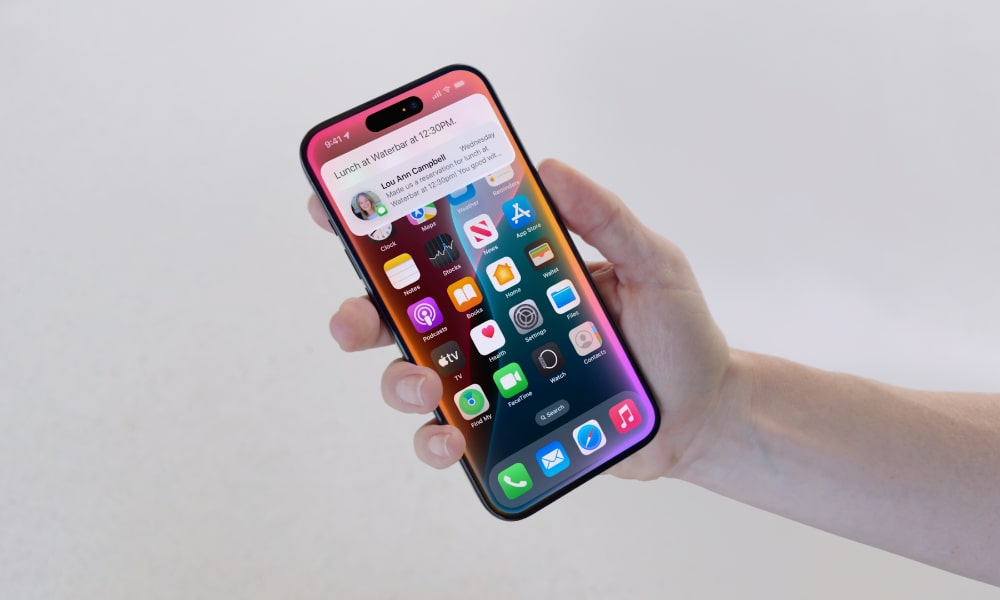
Upon reflection, it was obvious that the more personal Siri that Apple had shown off in June 2024 was vaporware. It didn’t actually exist in any meaningful form. “The company barely had a functional prototype” at that point, Gurman said earlier this month. This was seemingly confirmed in a Siri all-hands meeting that Bloomberg reported on last week, where Giannandrea’s chief lieutenant in charge of Siri, Robby Walker, was reportedly giving a pep talk to his team while admitting that the delays had been “ugly and embarrassing” and pointing the finger at the marketing communications department for promoting the features before they were anywhere near ready.
That’s not to say Apple isn’t working hard to fulfill its promises. This isn’t vaporware in the most literal sense of the term; an early-stage prototype existed in June 2024, and according to Walker, it’s reached a point where it works about 66% to 80% of the time — but that also means it fails nearly 20% to 33% of the time. That’s far from acceptable for an AI assistant that Apple expects people to rely on, especially since “fails” here doesn’t just mean it won’t respond but could actually give you wrong answers for up to a third of the questions you ask.
‘Real Artists Ship’
There’s no doubt John Giannandrea is a very talented leader, but he may have been the wrong guy for Siri. While his 2019 plans to shift the Siri project into a longer-term research mode sounded good then, the lack of results has left us wondering if Apple’s AI chief is more of a professor than an engineer.
Meanwhile, it’s not hard to imagine that Apple’s most senior software engineer has become frustrated by the glacial progress of Siri and Apple Intelligence. After all, Craig Federighi has had to stand up on Apple’s virtual stage and promote these non-existent features that aren’t even being developed under his purview.
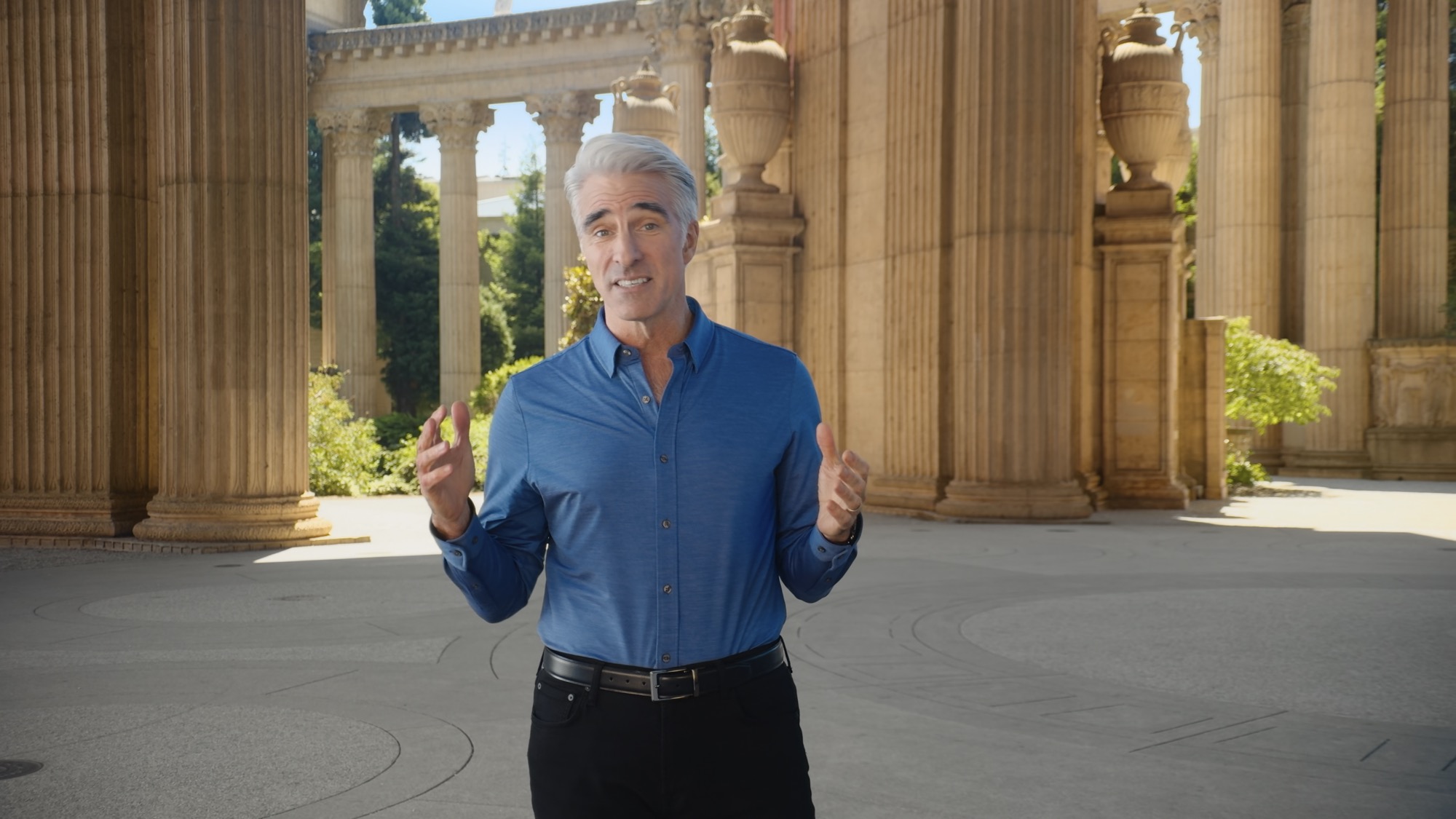
When Federighi shows off new features in Messages or Photos, at least he’s talking about things that his engineering teams are responsible for. Siri is not his department. Or, at least, it wasn’t before now.
Yesterday, Bloomberg’s Gurman reported that Apple has decided to stop pussyfooting around with shuffling mid-level executives. Instead, it’s bringing in a winning team to take wholesale ownership of Siri.
“Chief Executive Officer Tim Cook has lost confidence in the ability of AI head John Giannandrea to execute on product development,” Gurman notes, so it’s time for some significant changes.
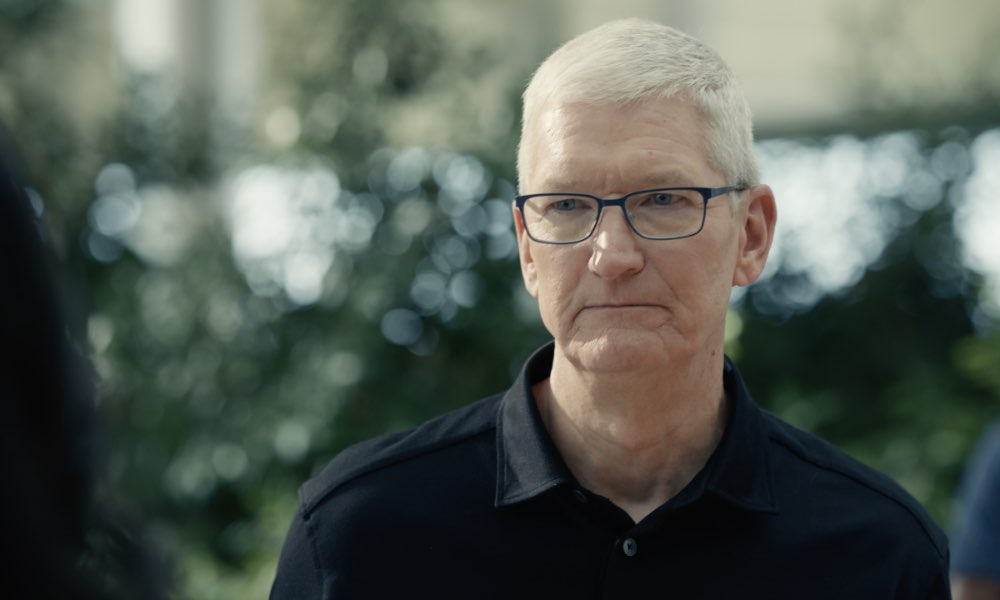
First, Siri is moving from John Giannandrea’s oversight to Craig Federighi’s. This marks the fourth major department shift Apple’s voice assistant has undergone, but it also brings it full circle — right back to where it began under Federighi’s predecessor, Scott Forstall.
That alone gives us some real hope. While Forstall and Federighi are different people, and some believe iOS has done poorly under Federighi’s leadership, the department is still the software team that makes everything else happen on the iPhone, iPad, Mac, and beyond. It’s a group that produces results every year. Those results may not always be flawless, but they’re tangible.
It’s hard to quantify what Giannandrea’s group has produced. He was reportedly given responsibility for the Apple Car project in late 2020, the stage at which most believed things had moved from hardware design to building the self-driving systems that would power it. Of course, we know how well that turned out.

To be fair, his role is to lead “Machine Learning and AI Strategy,” which suggests a more theoretical and research-based role. It likely had a hand in many of the Apple Intelligence features we already have in place and could even be the team working on Apple’s Private Cloud Compute infrastructure, but it still seems like it’s more cerebral stuff. Siri needs boots on the ground more than it needs theorists right now.
Of course, Federighi has a lot of responsibilities, so Apple has brought in another heavy hitter to lead the Siri team specifically: Mike Rockwell, the guy who led the Vision Pro to launch. Whatever you may think of Apple’s headset and its usefulness, there’s no denying it’s a marvel of engineering. More importantly, it’s something from a team that produced results — and created an entirely new product from scratch, all under Rockwell’s leadership.
Notably, troubleshooter Kim Vorrath, who was assigned to help Giannandrea in January, also came over from the Vision Pro team, where she reported directly to Rockwell. While Gurman doesn’t spell it out, it’s not difficult to envision her coming onto the Siri team and discovering that the problems were too big for her to solve alone. Apple also moved another “fixer” from Rockwell’s team, Aimee Nugent, over to the Siri group a few days before making the internal announcement that it would be giving Rockwell ownership of the project and placing the whole thing under Federighi’s watchful eye.
Rockwell, Vorrath, and Nugent have become something of a “dream team” within Apple for their work on the Vision Pro, but the new Siri boss also “hasn’t been shy about criticizing Siri,” according to Gurman’s sources. The Vision Pro and visionOS are packed with machine learning features, so Rockwell has skills in this area, and Gurman even adds that “Giannandrea long considered Rockwell a potential successor.”
Despite what appears to be a significant failure to launch, Giannandrea isn’t going anywhere. Gurman suggests that’s partly because it would send a bad message about Apple’s AI efforts. However, there are also reasons to believe Giannandrea still has beneficial skills in leading research and development — it seems he’s just not good at bringing products to market. The core technology and science behind Apple Intelligence all come from Giannandrea’s team, and he’s also still overseeing a team studying Apple’s ambitions for personal robotics.
Before joining Apple, Giannandrea served as Google’s AI and Search Chief for eight years and was highly regarded for leading Google’s efforts to integrate AI into all of its software/hardware products, including Google Search, Google Assistant, and Gmail. Before that, he founded Metaweb in 2005 and served as the Chief Technology Officer at Netscape. He also serves on the board of trustees at the SETI Institute. By all reports, he’s a brilliant machine learning scientist; it’s just that his focus may be more theoretical than practical.
[The information provided in this article has NOT been confirmed by Apple and may be speculation. Provided details may not be factual. Take all rumors, tech or otherwise, with a grain of salt.]


